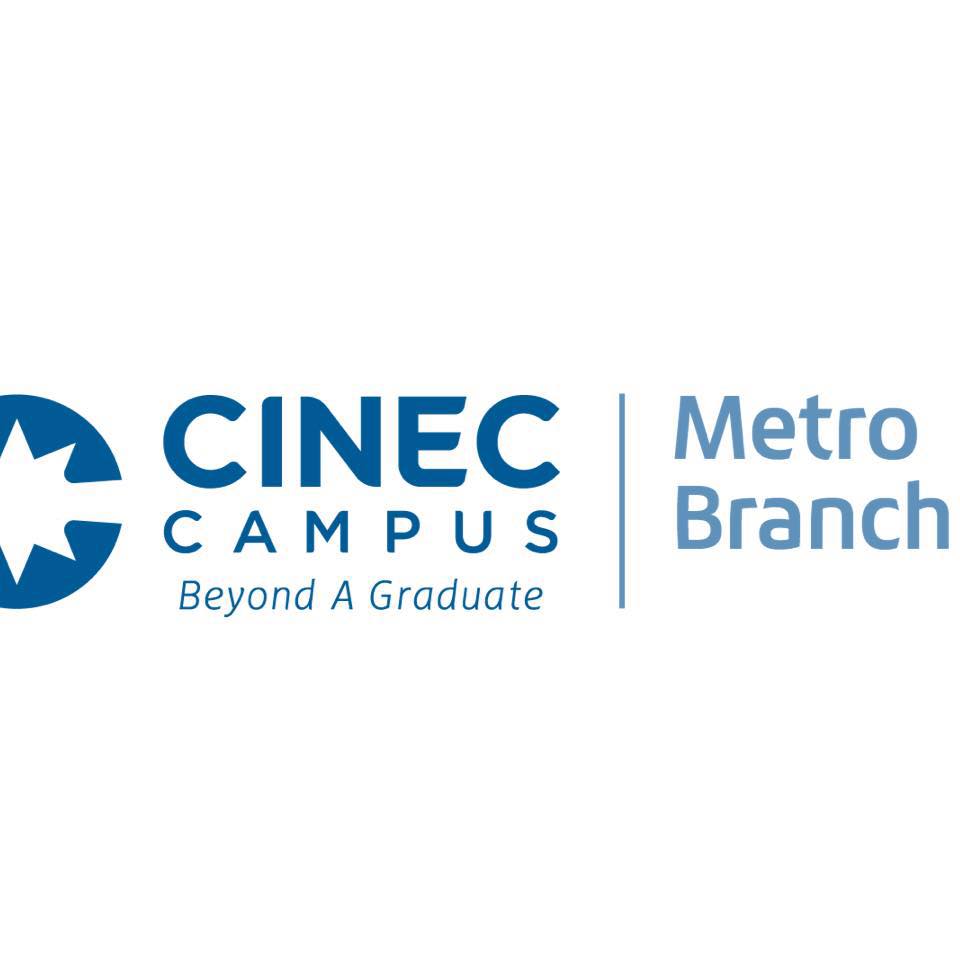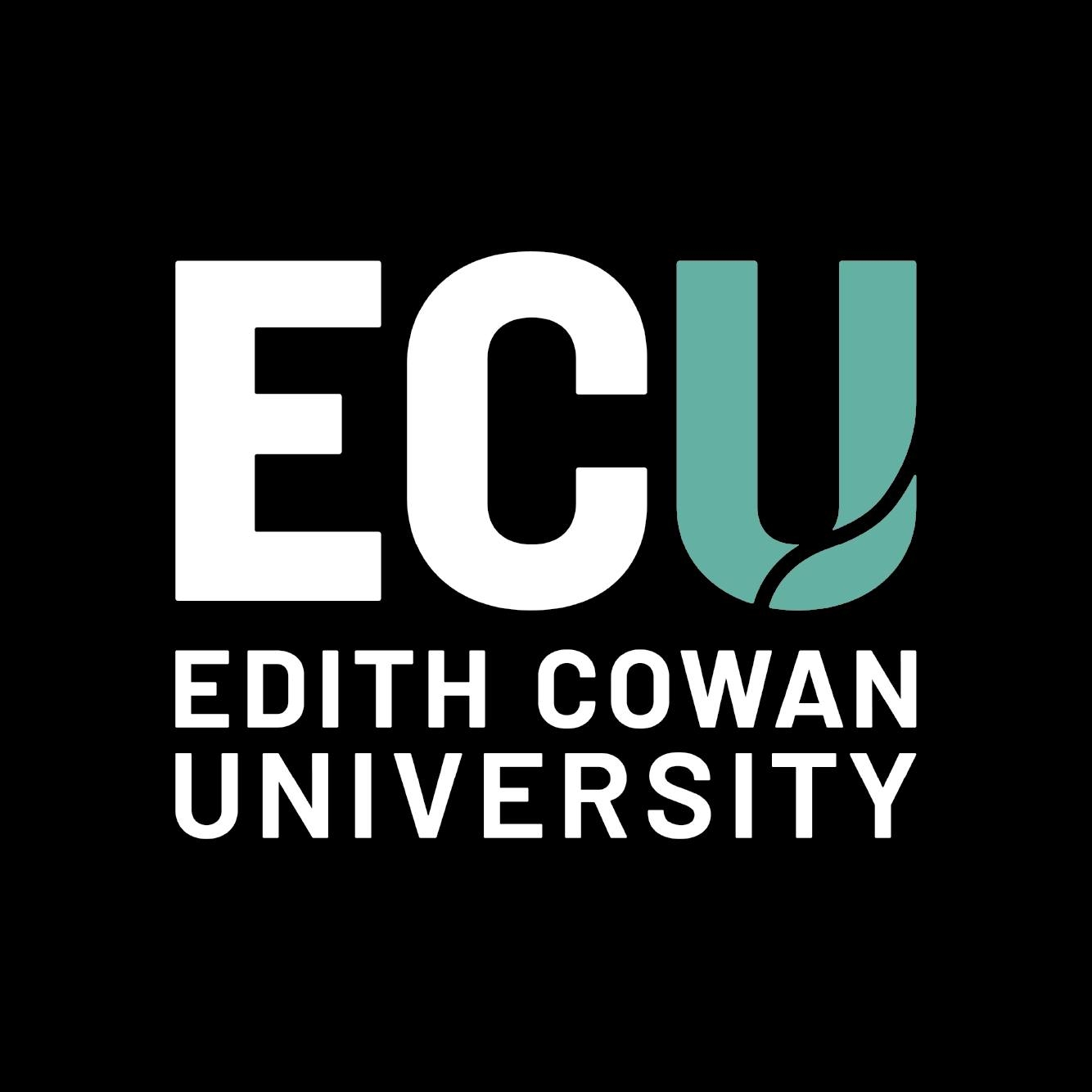ICT Degrees in Sri Lanka

ICT Degrees in Sri Lanka
ICT Degrees in Sri Lanka
Information and communication technology (ICT) is a rapidly evolving field that plays a pivotal role in driving innovation, economic growth, and societal development. In Sri Lanka, the demand for skilled ICT professionals is on the rise, creating abundant opportunities for individuals with expertise in areas such as computer science, software engineering, data analytics, and cybersecurity. ICT degrees offer comprehensive education and training in these fields, equipping graduates with the knowledge and skills to thrive in the digital age.
Overview of ICT Degrees in Sri Lanka
ICT degrees in Sri Lanka provide a broad and interdisciplinary education in various aspects of information and communication technology. These programs combine theoretical knowledge with practical skills, research opportunities, and industry experience, preparing graduates for diverse career paths in technology-related fields. Whether you're interested in software development, network administration, data science, or IT consulting, an ICT degree can provide the necessary foundation to pursue your passion and achieve your professional goals.
Types of ICT Degrees
Bachelor's in ICT
A bachelor's degree in ICT offers foundational coursework in computer science, information systems, programming, and networking. It is designed for individuals seeking to develop a strong technical foundation and pursue entry-level positions in ICT-related fields or further studies at the master's level.
Master's in ICT
A master's degree in ICT provides advanced education and specialized training in areas such as software engineering, data analytics, cybersecurity, and digital transformation. It is ideal for professionals seeking to deepen their expertise, specialize in a specific domain, or advance their careers in leadership or research roles within the ICT industry.
Specialized ICT Programs
In addition to traditional ICT degrees, many universities in Sri Lanka offer specialized programs focusing on emerging areas such as artificial intelligence, cloud computing, the Internet of Things (IoT), and blockchain technology. These programs cater to individuals with specific interests or career goals within the rapidly evolving field of ICT.
Curriculum and Course Structure
ICT degree programs in Sri Lanka typically include a mix of core courses, elective options, practical labs, and research projects. Core courses cover fundamental concepts and theories in ICT, such as programming languages, database management, computer networks, and system design. Elective options allow students to specialize in specific areas of interest, such as artificial intelligence, cybersecurity, or mobile app development. Practical labs and research projects provide hands-on experience and opportunities to apply theoretical knowledge to real-world problems, enhancing students' technical skills and problem-solving abilities.
Faculty and Industry Collaboration
One of the key strengths of ICT education in Sri Lanka is the expertise of faculty members and their collaboration with industry partners. Many universities and institutions boast experienced professors with backgrounds in academia, research, and industry, providing students with mentorship, guidance, and support throughout their studies. Industry collaborations, internships, and guest lectures featuring industry experts enrich the learning experience and provide valuable insights into current trends, technologies, and best practices in the ICT industry.
Student Experience and Professional Development
Students pursuing ICT degrees in Sri Lanka have access to a vibrant academic community, extracurricular activities, and professional development opportunities. Student clubs, associations, and hackathons provide opportunities for networking, collaboration, and skill-building outside the classroom. Internship programs, industry projects, and career fairs connect students with potential employers, facilitate hands-on learning experiences, and prepare graduates for successful careers in ICT-related fields.
Career Opportunities
An ICT degree opens doors to diverse career opportunities across various industries, including technology, finance, healthcare, telecommunications, and government. Graduates may pursue roles such as software engineer, systems analyst, data scientist, network administrator, IT consultant, or cybersecurity specialist. With the increasing digitization of businesses and the growing demand for technology-driven solutions, the demand for skilled ICT professionals in Sri Lanka continues to grow, creating abundant career prospects for qualified candidates.
Conclusion
ICT degrees in Sri Lanka offer a pathway to exciting and rewarding careers in the dynamic and fast-paced field of information and communication technology. Whether you're passionate about software development, data analytics, cybersecurity, or digital innovation, an ICT degree can provide the necessary education, skills, and opportunities to achieve your professional aspirations. By investing in an ICT degree, you can position yourself for success in today's digital economy and make a positive impact on shaping the future of technology and society.
Explore more IT Courses in Sri Lanka
Click here to find IT Degree in Sri Lanka
Click here to find Best IT degrees in sri lanka
Click here to find Best IT Courses In Sri Lanka
Click here to find ICT Degrees in Sri Lanka
Click here to find ICT Diploma Courses in Sri Lanka
Click here to find Information Technology Degrees In Sri Lanka
Click here to find Information technology courses in sri lanka
Click here to find HND IT Courses in Sri Lanka
Click here to find Looking to start or advance your IT career in Sri Lanka
Click here to find තොරතුරු තාක්ෂණ උපාධිධාරියෙක් වෙන්න කැමති ඔබට! Opportunities and Benefits of Studying IT in Sri Lanka
Click here to find තොරතුරු තාක්ෂණය ඉගෙන ගන්න බලාපොරොත්තු වෙන ඔබට! Explore top IT courses in Sri Lanka
Find Private Universities in Sri Lanka to start your future course today
Visit this link for accurate information on courses in Sri Lanka and additional details about the institutes.






























